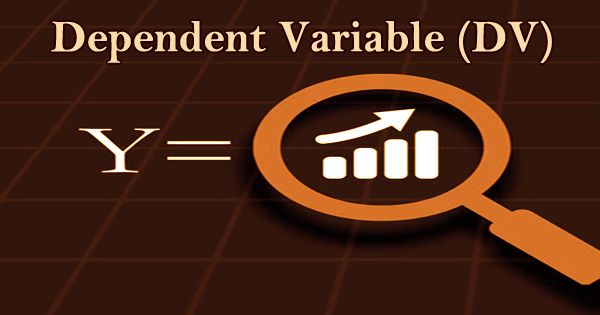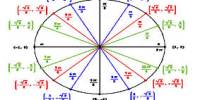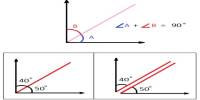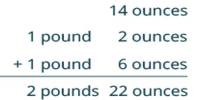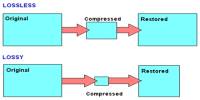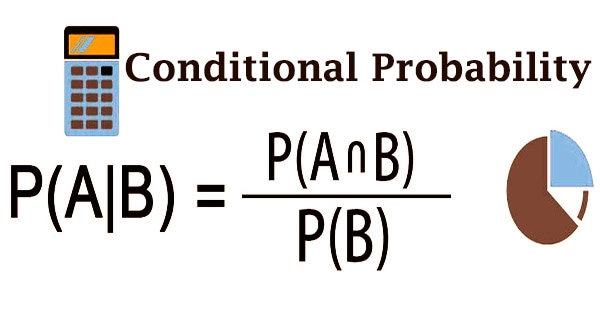The dependent variable (DV) is just like the sound of the name; it depends on some factor regulated by the investigator. This name is given to dependent variables because their values are studied in an experiment under the presumption or the hypothesis that they depend on the values of other variables by some law or rule (e.g., by a mathematical function). A quantity whose value depends on how the independent variable is manipulated is represented. In an equation, y is always the variable used to describe the dependent variable.
In statistical modeling, the definition of the dependent variable (DV) is exactly the same basic definition as that used in general math and science: it is a variable that “depends” on the independent variable ( IV). A function is a rule in mathematics to take an input (in the simplest case, a number, or a set of numbers) and provide an output (which can be a number as well). An independent variable is called a symbol that stands for an arbitrary input, while a symbol that stands for an arbitrary output is called a dependent variable. The most common input symbol is x, and the most common output symbol is y; y = f(x) is usually written as the function itself.
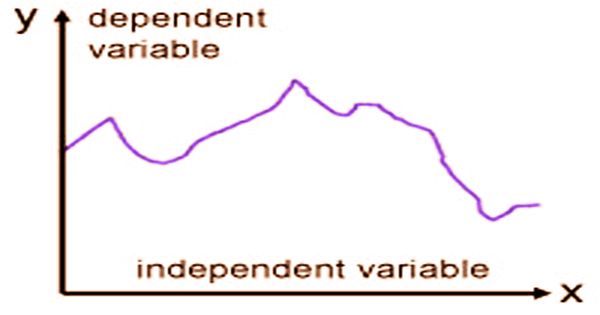
Example of Dependent Variable (DV)
In statistical modeling, the dependent variable is often called an answer variable or an endogenous variable. The variable controlled by an experimenter in an experiment is something that is known to behave as an independent variable. The dependent variable is the occurrence that is anticipated to change by influencing the independent variable. Often called a dependent variable is:
- An experimental variable.
- An explained variable.
- A measured variable.
- An outcome variable.
- An output variable.
- A responding variable.
- A regressand (in regression analysis.)
- A response variable.
A variable can be considered to modify the dependent or independent variables, but may not necessarily be the experiment’s subject. To hold the variable constant or tracked in order to try to mitigate its influence on the experiment. These variables may be referred to as either a controlled variable, a control variable, or a fixed variable. Synonymously, the outcome variable and the dependent variable are used. They are not exactly the same, however: the outcome variable is described in a non-experimental study as the presumed effect, where the dependent variable is the presumed effect in an experimental study.
Information Sources:
